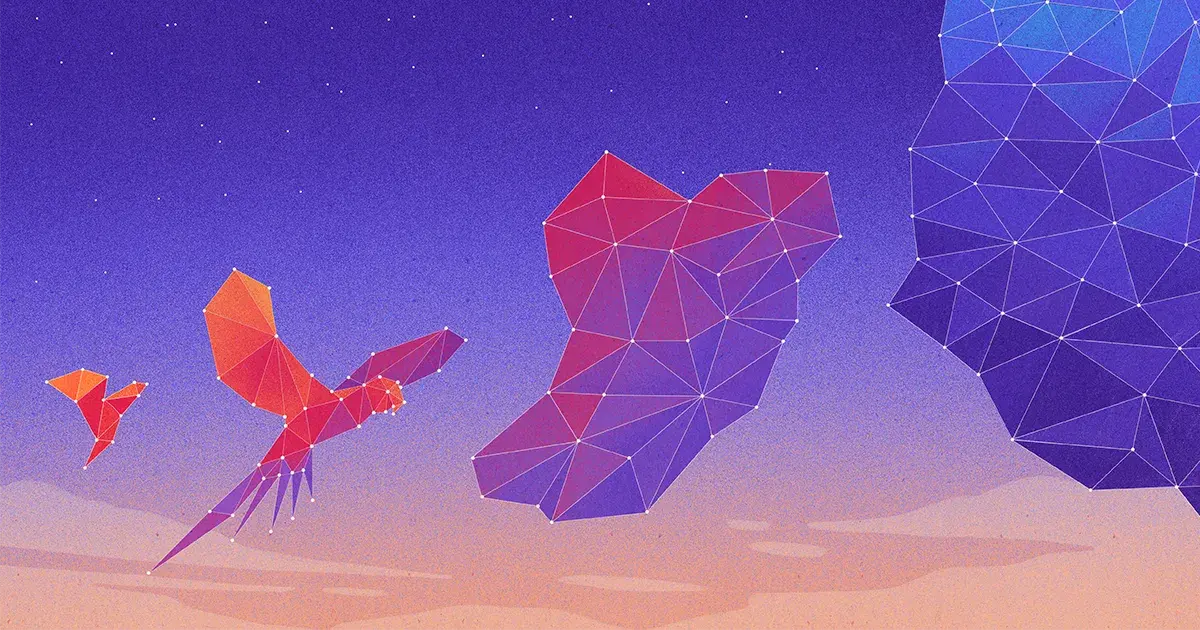I’ve been saying this for about a year since seeing the Othello GPT research, but it’s nice to see more minds changing as the research builds up.
Edit: Because people aren’t actually reading and just commenting based on the headline, a relevant part of the article:
New research may have intimations of an answer. A theory developed by Sanjeev Arora of Princeton University and Anirudh Goyal, a research scientist at Google DeepMind, suggests that the largest of today’s LLMs are not stochastic parrots. The authors argue that as these models get bigger and are trained on more data, they improve on individual language-related abilities and also develop new ones by combining skills in a manner that hints at understanding — combinations that were unlikely to exist in the training data.
This theoretical approach, which provides a mathematically provable argument for how and why an LLM can develop so many abilities, has convinced experts like Hinton, and others. And when Arora and his team tested some of its predictions, they found that these models behaved almost exactly as expected. From all accounts, they’ve made a strong case that the largest LLMs are not just parroting what they’ve seen before.
“[They] cannot be just mimicking what has been seen in the training data,” said Sébastien Bubeck, a mathematician and computer scientist at Microsoft Research who was not part of the work. “That’s the basic insight.”



I have a theory… so are you and I.
Orders of magnitude of differece between the most complex known object in the universe and some clever statistical analysis.
We understand very little about the human brain. For example, we don’t know if it leverages quantum interactions or whether it can be decoupled from its substrate.
LLMs are pattern matching models loosly based on the structure of neurons that work well for deriving predictions from a vast body of data but are not anywhere near human brain level of understanding. I personally don’t think they will ever be until we have solved the hard problem of conciousness.
I knew you’d say that.
Welp looks like we both know the arguments and fall on different sides of the debate then.
Much better than being confidently wrong like most LLMs…
I don’t need a theory for this, you’re being highly reductive by focusing on a few features of human communication.
Thank you, much more succinctly put than my attempt.
I’ve just done the dance already and I’m tired of their watered-down attempts at bringing human complexity down to a level that makes their chat bots seem smart.